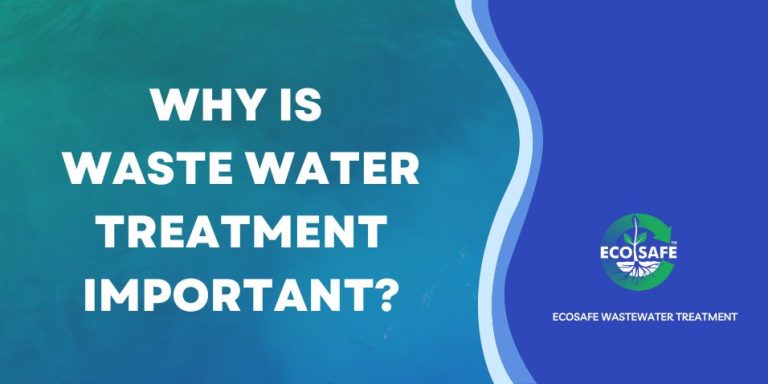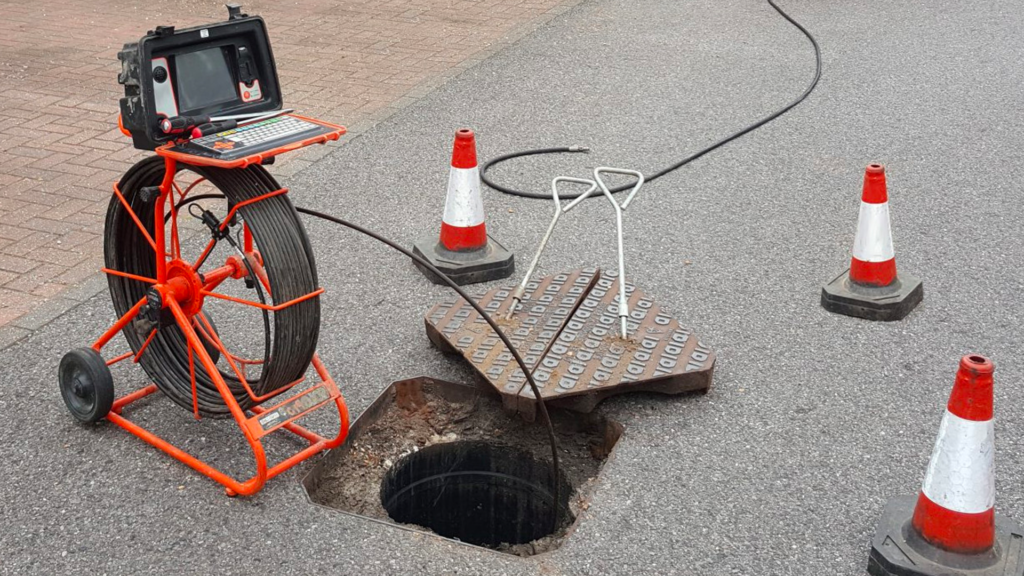Getting The Reclaim Waste To Work
Getting The Reclaim Waste To Work
Blog Article
The Ultimate Guide To Reclaim Waste
Table of ContentsThe Single Strategy To Use For Reclaim WasteAn Unbiased View of Reclaim Waste5 Easy Facts About Reclaim Waste ExplainedReclaim Waste Can Be Fun For AnyoneAbout Reclaim Waste
Residential sewage waste refers to the waste and items from a residential septic tank. The appropriate administration and disposal of domestic sewer waste require liquid waste to be transferred to a sewage therapy plant where the appropriate approaches and devices are used to cleanse and dispose of waste.
Commercial waste frequently includes potential threats, such as combustible materials or a blend of fluid and strong waste items, and requires an advanced and comprehensive disposal process. The disposal of business waste commonly involves the purification of waste before transport to ensure secure and proper disposal. Hazardous waste is developed from byproducts and overflow of industrial procedures and production.
This type of waste can not make use of the exact same sewer monitoring transport or procedures as septic or commercial liquids. The commercial waste monitoring procedure calls for the assessment and screening of fluid waste before it goes through the disposal process (liquid waste disposal). Runoff waste is the liquid waste that comes from runoff and excess stormwater in extremely inhabited areas or cities
Runoff waste can cause contamination and flooding if not taken care of appropriately. Making certain correct waste monitoring can avoid disasters and reduce ecological damage.
3 Easy Facts About Reclaim Waste Explained
Get in touch with PROS Providers today to learn more about our waste administration and disposal solutions and the appropriate methods to care for the liquid waste you create.
(https://telegra.ph/Expert-Liquid-Waste-Disposal-and-Removal-Services-in-Melbourne-11-12)Do you understand what occurs to your water when you end, flush the bathroom or drain pipes the washing equipment? No? Well, it's worth recognizing. This so-called 'wastewater' is not only a crucial resource however, after treatment, will be launched to our land, rivers or the sea. Made use of water from commodes, showers, bathrooms, kitchen area sinks, laundries and commercial processes is understood as wastewater.

water made use of to cool down machinery or clean plant and tools). Stormwater, a type of wastewater, is runoff that flows from farming and city locations such as roofs, parks, gardens, roads, paths and gutters right into stormwater drains, after rainfall. Stormwater flows neglected straight to regional creeks or rivers, ultimately getting to the sea.
Some Known Details About Reclaim Waste
In Queensland, the majority of wastewater is treated at sewer therapy plants. Wastewater is transferred from residential or commercial websites with a system of sewage systems and pump stations, referred to as sewage reticulation, to a sewer treatment plant. City governments develop, preserve and run most sewage treatment plants. Operators are certified under the Environmental Security Act 1994 to discharge treated wastewater at an appropriate environmental standard into waterways.
The Department of Natural Resources recommends city governments regarding handling, operating and maintaining sewage systems and treatment plants. In unsewered areas, city governments may call for owners to mount individual or household sewer therapy systems to deal with residential wastewater from commodes, kitchen areas, restrooms and laundries. The Division of Natural Resources authorises the use of home systems when they are verified to be effective.
In some new communities, therapy of some stormwater to eliminate litter, sand and gravel has started utilizing gross contaminant catches. Wastewater treatment occurs in four stages: Removes solid matter.
Wastewater after that moves into big tanks where solids resolve and are removed as sludge. Oil and residue are skimmed from the surface area. Utilizes tiny living microorganisms recognizes as micro-organisms to damage down and remove staying liquified wastes and fine fragments. Micro-organisms and wastes are integrated in the sludge. Gets rid of nitrogen and phosphorus nutrients that could trigger algal blooms in our waterways and intimidate aquatic life.
Reclaim Waste Things To Know Before You Get This
Nutrient elimination is not available in any way sewage therapy plants because it needs expensive specialist tools. It is ending up being more typical in Queensland. Clear fluid effluent produced after therapy may still include disease-causing micro-organisms. If this effluent is released into waterways such as rivers or the sea, the micro-organisms will ultimately die out.

Most wastewater streams right into the sewage system. Under the Act, local governments carry out authorizations and permits for eco pertinent tasks (Ages) including wastewater launches that might have a regional effect.
The Basic Principles Of Reclaim Waste
Or else, samples are considered lab analysis. Commonly several examinations are needed to establish the degrees of each of the various contaminants such as oils, heavy metals and chemicals in water. Monitoring offers accurate details about water high quality and can verify that licence problems are being satisfied. The information gotten through tracking gives the basis for making water top quality choices.
Report this page